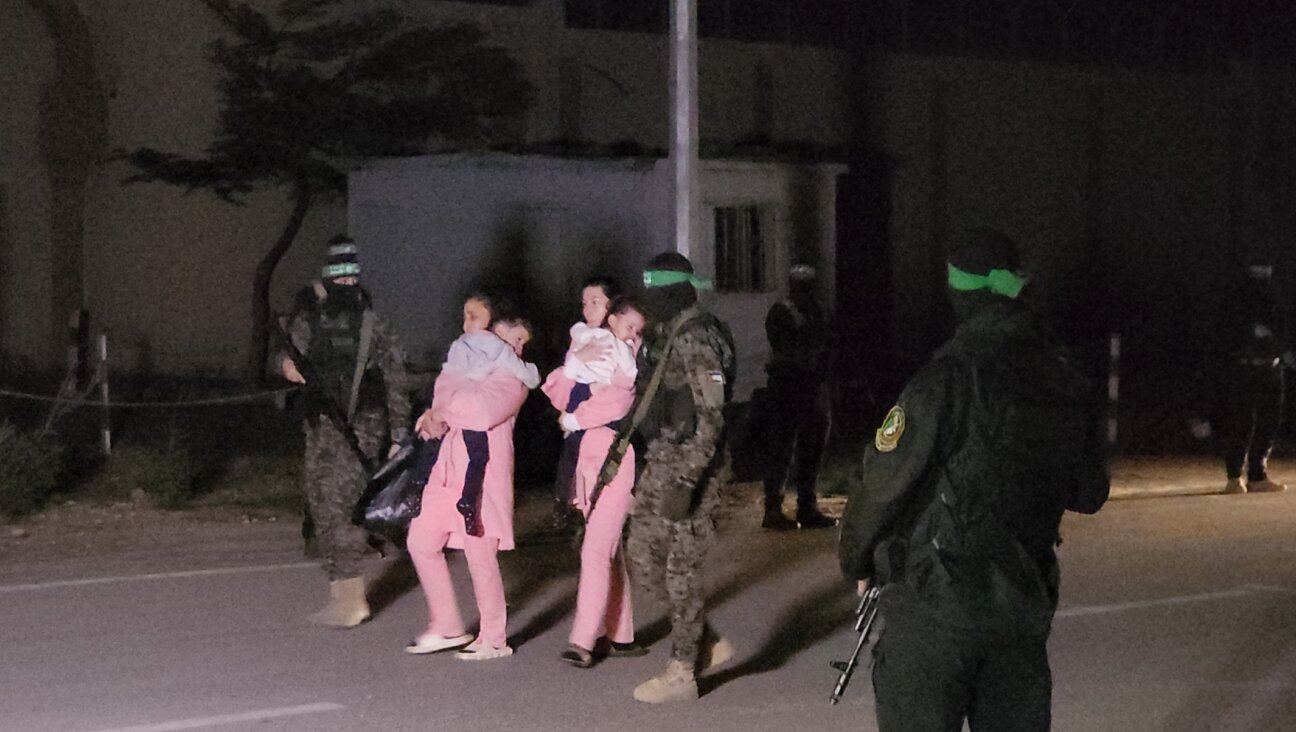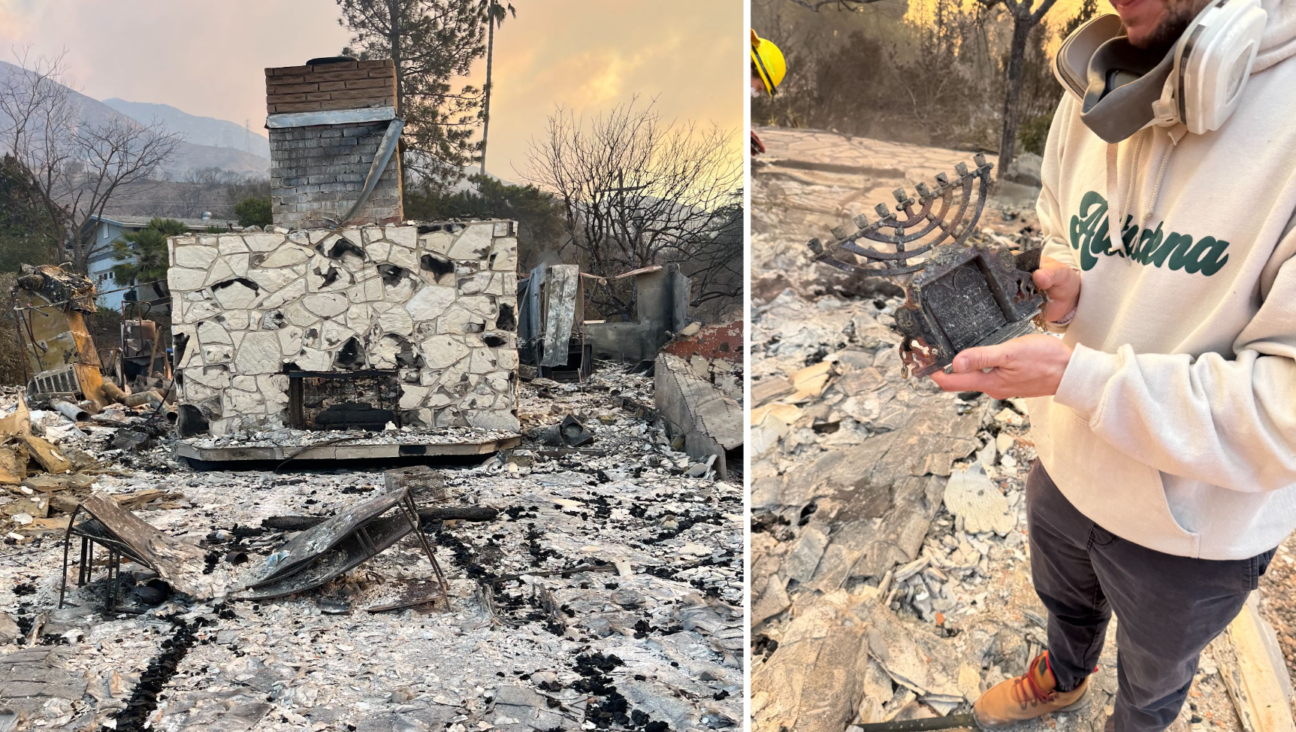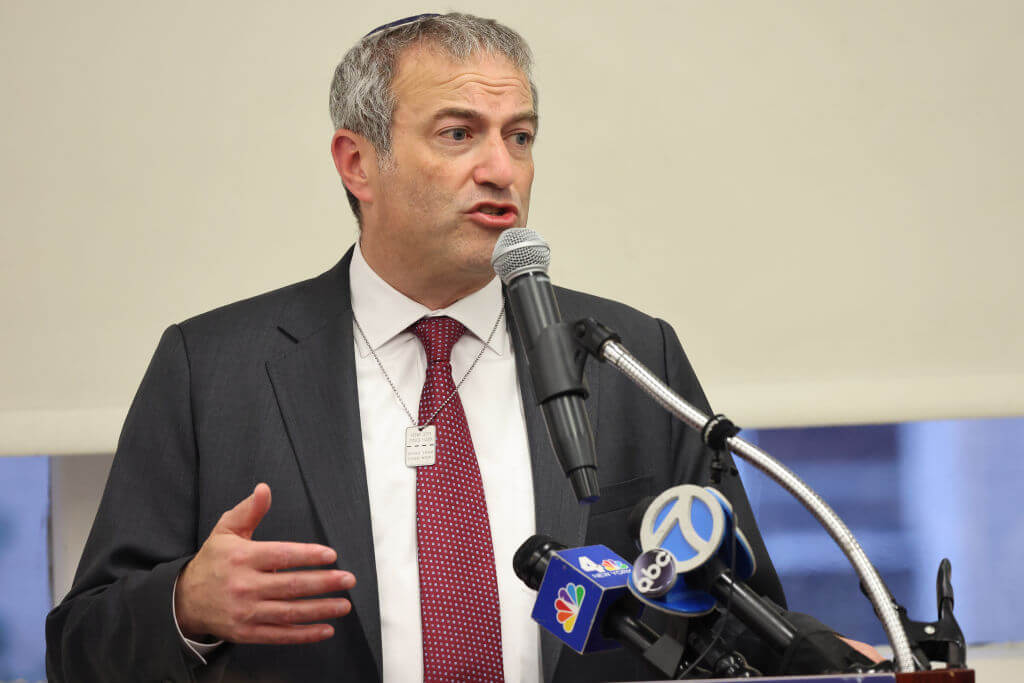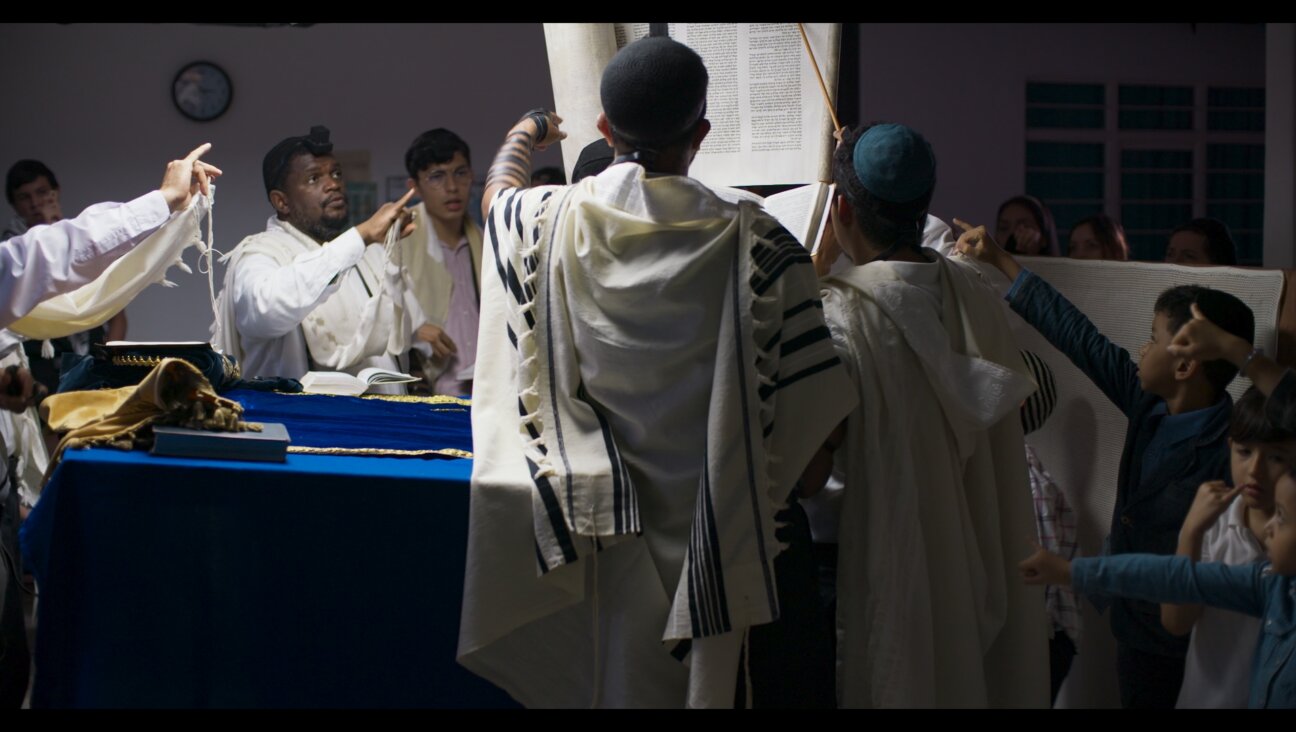U.S. Will Withhold UNESCO Dues Over Vote
The United States, saying it has no choice, will stop paying its dues to UNESCO following the U.N. cultural agency’s vote to grant full membership to the Palestinians.
The United Nations Educational, Scientific and Cultural Organization approved the Palestinian’s bid Monday during its general assembly in Paris by a vote of 107 to 14, with the United States, Canada and Germany among those voting against the motion. Britain was among the 52 nations that abstained.
UNESCO is the first U.N. agency that the Palestinians have attempted to join since asking for full membership in the United Nations in September. It previously had observer status at the agency.
The vote activated legislation adopted nearly two decades ago under President Reagan that prohibits U.S. funding to U.N. agencies that recognize a state of Palestine before a peace deal is finalized.
U.S. State Department spokeswoman Victoria Nuland said Monday that a $60 million payment to UNESCO scheduled for November will not be delivered. The U.S. annual dues to UNESCO comprises more than 20 percent of the agency’s budget.
“Today’s vote by the member states of UNESCO to admit Palestine as a member is regrettable, premature and undermines our shared goal of a comprehensive, just and lasting peace in the Middle East,” Nuland said.
The United States will lose its vote in UNESCO if it does not pay its dues for two years. Reportedly the U.S. is concerned that the Palestinians will now request membership in other U.S. agencies in which the U.S. would lose its influence if it halts dues payments.
Israel’s Foreign Ministry in a statement issued following the vote called the decision a “unilateral Palestinian maneuver which will bring no change on the ground but further removes the possibility for a peace agreement.”
“This decision will not turn the Palestinian Authority into an actual state, yet places unnecessary burdens on the route to renewing negotiations. Israel believes that the correct and only way to make progress in the diplomatic process with the Palestinians is through direct negotiations without preconditions,” the statement said. “The Palestinian move at UNESCO, as with similar such steps with other U.N. bodies, is tantamount to a rejection of the international community’s efforts to advance the peace process.
The statement went on to thank the countries that “displayed a sense of responsibility” by opposing the bid.
Unlike in the U.N. Security Council, where its permanent members such as the United States hold veto power over legislation, there is no veto in UNESCO. The United States had boycotted UNESCO for nearly 20 years until 2003, when it returned to the agency.
In November 2010, UNESCO adopted several proposals by Arab states classifying Jewish and Muslim holy sites. It referred to Rachel’s Tomb in Bethlehem as a mosque, in addition to using its Jewish designation of Rachel’s Tomb, and said the tomb as well as the Cave of the Patriarchs was “an integral part of the occupied Palestinian Territories.” It called both landmarks “Palestinian sites.”
A message from our Publisher & CEO Rachel Fishman Feddersen

I hope you appreciated this article. Before you go, I’d like to ask you to please support the Forward’s award-winning, nonprofit journalism so that we can be prepared for whatever news 2025 brings.
At a time when other newsrooms are closing or cutting back, the Forward has removed its paywall and invested additional resources to report on the ground from Israel and around the U.S. on the impact of the war, rising antisemitism and polarized discourse.
Readers like you make it all possible. Support our work by becoming a Forward Member and connect with our journalism and your community.
— Rachel Fishman Feddersen, Publisher and CEO























